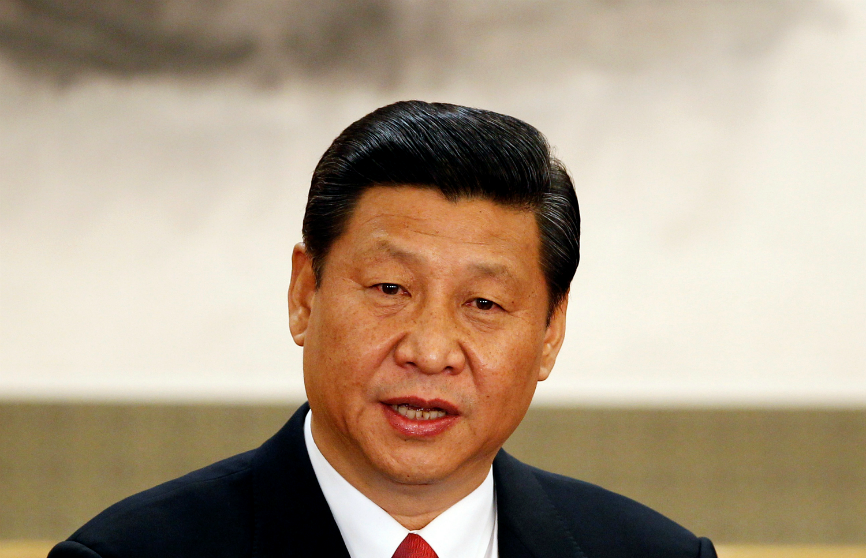Xi Jinping's bid to remove presidential term limits is his boldest move yet to secure his dominance over the Chinese political system, one that has elicited fresh comparisons with Mao Zedong (commonly referred to as Chairman Mao). Eurasia Group Asia Director
Michael Hirson analyzes the likely consequences.
What does Xi's move mean for politics and policy in China?
It represents a further break from the institutionalization of politics in China. After Mao's death, Deng Xiaoping established term limits in the early 1980s to prevent the emergence of another absolute leader who rules for life. He also sought to create a system in which China's senior leaders made most key decisions by consensus whenever possible.
Xi has been overturning many of the informal norms, and now also the formal laws that Deng put in place. The latest move creates uncertainty about how long Xi will rule for, who will replace him, and what other norms he might violate.
In terms of policy, Xi will have both more authority and time to pursue his priorities. Some are political, such as tightening the communist party's control over society and continuing the anticorruption campaign. Others are economic and social, such as cleaning up the environment, reducing financial risks, and promoting innovative and strategically important sectors.
The key danger is that major policy missteps may be hard to avoid in a political environment in which Xi is increasingly surrounded by loyalists who may not challenge his judgment. That is a risk for China, with potential global repercussions, but also for Xi personally. He now “owns” policy outcomes in China; there is no one else to blame if things go wrong.
What does the move mean for relations with the US and the rest of the world more broadly?
It strengthens Xi's ability to act decisively on the global stage, and where there are concerns about China's intentions, it will heighten those concerns.
In the near term, Xi will have increased freedom of movement to make concessions on trade—even domestically unpopular ones—that could prevent increased tensions with President Donald Trump's administration. But Xi's latest move will add to an already palpable sense of pessimism in the US about China's political trajectory and the future of the bilateral relationship.
The fact that Xi will be a force for at least another ten years means that many foreign leaders will invest more in their personal relationship with him. As long as Xi does not make serious foreign policy blunders, some governments are likely to appreciate the sense of continuity and stability his long tenure will bring—in opposition to the US, where politics and foreign policy can swing wildly between administrations.
Is this another sign we are entering an era of global strongmen?
Strongmen are certainly on the ascendance globally, and what happens in one country influences others. Xi is no doubt somewhat influenced by Russian President Vladimir Putin's success in staying in power, just as the fall of the Soviet Union under Mikhail Gorbachev is a fate that Xi and China's leadership desperately seek to avoid sharing.
But strongmen are not all alike. Xi is different from Putin in many respects. He seems motivated mostly by a belief that his own consolidation of power is necessary to push forward the changes that will keep the communist party in charge in China and able to oversee the country's rise. Personal enrichment does not seem high on his list of priorities.
And we may also be near “peak strongman” in the current cycle. If any of these leaders make the kind of missteps that lead to a nasty fall from power, their peers in other countries—and those populations—will be more skeptical about the wisdom of this model.


